Prayers on the Last Things
Written and compiled by Theresa Aletheia Noble, FSP

Nihil Obstat: | Reverend Thomas W. Buckley, S.T.D., S.S.L. |
Imprimatur: |  Sen Cardinal OMalley, O.F.M. Cap. Sen Cardinal OMalley, O.F.M. Cap.
Archbishop of Boston May 14, 2019 |
ISBN 0-8198-5008-X
ISBN 978-0-8198-5008-9
ISBN ePub 978-0-8198-5009-6
Cover art and design by Danielle Victoria Lussier, FSP
Handscript by Putri Magdalena Mamesah, FSP
All rights reserved. No part of this book may be reproduced or transmitted in any form or by any means, electronic or mechanical, including photocopying, recording, or by any information storage and retrieval system, without permission in writing from the publisher.
P and PAULINE are registered trademarks of the Daughters of St. Paul.
Copyright 2019, Daughters of St. Paul
Published by Pauline Books & Media, 50 Saint Pauls Avenue, Boston, MA 02130-3491
eBook by ePubMATIC.com
www.pauline.org
Pauline Books & Media is the publishing house of the Daughters of St. Paul, an international congregation of women religious serving the Church with the communications media.
For Elinor and Charles Shea; Paul and Nancy Faye Noble; Phil Noble; Father Damien Daprai, OSB; Joseph Neale; Scott Stubbie McLaughlin; Eric and Chris Schleuniger; Laurie and Michael Hogan; Armen George Oumedian; Robert Kreuger; Kerry Ann Klein; William James Napieralski; Anthony Gallegos; Eddie, Caia, Dara, M. Durand; Jack Turner; Joanne Nolin; and all the deceased Daughters of St. Paul and members of the Pauline Family. May they rest in peace.
MEMENTO MORI OR REMEMBER your death is a phrase long associated with the practice of remembering the unpredictable and inevitable end of ones life. The spiritual practice of memento mori and the symbols and sayings associated with it were particularly popular in the medieval church. But the tradition of remembering ones death stretches back to the very beginning of salvation history.
After the first sin, God reminds Adam and Eve of their mortality: You are dust, / and to dust you shall return (Gen 3:19). Gods words continue to echo throughout the Old Testament, reminding readers of lifes brevity, while exhorting them to remember their death. The Book of Sirach urges, In whatever you do, remember your last days, / and you will never sin (7:36). The Psalmist prays, Teach us to count our days aright, / that we may gain wisdom of heart (Ps 90:12). In the New Testament, Jesus exhorts his disciples to pick up their crosses daily and to remember their death as they follow him to the Place of the Skull: If anyone wishes to come after me, he must deny himself and take up his cross daily and follow me (Lk 9:23).
Even if one does not believe the Christian message of salvation, the rich, ancient tradition of remembering death can bring joy, focus, and fruitfulness to anyones life. However, for the Christian, it is a practice that extends beyond the reality of earthly life and bodily death. Just as death is a doorway to the afterlife, meditation on death is the doorway to meditation on the afterlife, or what have traditionally been called the Last Things. Meditation on death as well as judgment, hell, and heaven has been encouraged in the Church for centuries. Why meditate on these things? Because thinking about the definite end of lifedeathnecessarily leads to the consideration of lifes possible ends.
Though an essential part of the Christian life, meditation on the Last Things has, unfortunately, become less prevalent in recent years. As early as 1954, Blessed James Alberione, the founder of my religious congregation, the Daughters of St. Paul, noted that people were losing interest in the Last Things. Speaking to our religious sisters he once said:
Nowadays there is little human respect for meditating on the Last Things. They say it is no longer modern to meditate on them. It seems to me, however, that death is always modern. It is active every day! And heaven is always modern, and hell is always modern! Do not let yourselves be taken in by this bad habit.
Alberiones prophetic words are meant for all of usin every state of life. As Christians, we must pray with and meditate on death and the afterlife. Many suggest it is old fashioned or unnecessary, but meditation on the Last Things is vital to the Christian life. We should regularly consider these important questions:
Where am I headed? How are my choices diminishing my humanity and leading me to evil? How are my choices corresponding to Gods grace and leading me to what is true and good? Am I living for myself and indulging in my basest desires or am I living for heavenunion with God?
Holiness requires that we ask ourselves these questions and consider all the possible answers. This prayer book aids in the journey of meditating on death and all of the Last Things. We meditate on death, judgment, hell, and heaven because we are meant for sanctity. We are called to become saints. Heaven is our goal and Jesus has won it for us, but we must not become complacent. Remembrance of the Last Things, beginning with death, opens our hearts to the work God wants to do in us before our last day on earth.
Remember your death,
Theresa Aletheia Noble, FSP
REMEMBERING DEATH AND THE afterlife is a deeply personal practice that can bring complex emotions to the surface. This prayer book can aid you in this journey by providing prayers that you can incorporate into your spiritual routine (e.g., during daily prayer, Eucharistic adoration, before or after Mass, in group prayer). Remember Your Death: Memento Mori Journal and Remember Your Death: Memento Mori Lenten Devotional are other available companion resources that can help you in your journey as well. The journal includes space for writing down your thoughts, and offers inspiring memento mori quotes, including some from Scripture, Church Fathers, and the saints. The Lenten devotional includes daily reflections, writings of the saints, a Memento Mori Examen, intercessory prayers, and journaling prompts for each day of Lent.
As you meditate on the Last Things, you will find more fruit in the practice if you also connect with other people in the community of the Church. Talk with family and close friends about your journey. Share your reflections and reactions with the wider online community with the hashtags #mementomori and #liveme mentomori. No matter what resources you use or how you choose to share your journey, its most important to devote prayer time to reflection on death and on all of the Last Things. God has something to tell you; be sure to take the time to listen.
The Last Things are ever new truths, powerful incentives, considerations that sanctify. The thought of them casts a brilliant light on life and points out its true meaning. They are sparks which set on fire a tremendous lovea love that consists in striving to reach God, our final goal and Supreme Good. The thought of the Last Things is a prayer with the power to move the most indifferent hearts and inspire souls to generous resolutions.... May every reader find in reflection on the Last Things the Way, the Truth and the Life! The lay man or woman, the priest or the religious who builds the spiritual life on the Last Things builds on the most solid foundation: The rain fell, the floods came, and the winds blew and buffeted the house. But it did not collapse; it had been set solidly on rock (Mt 7:25).


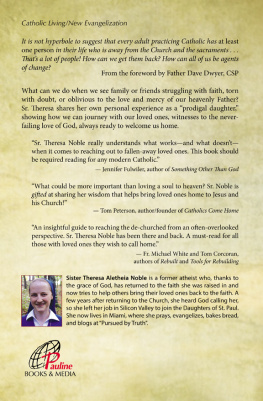
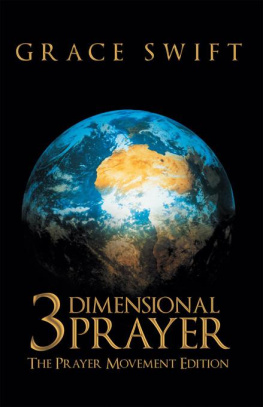
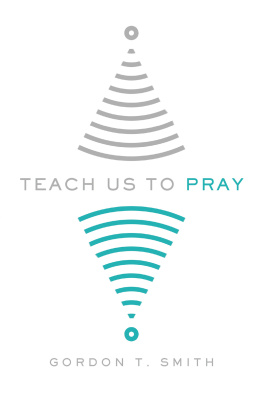
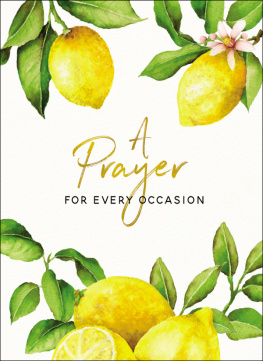


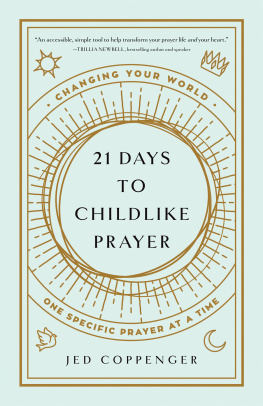
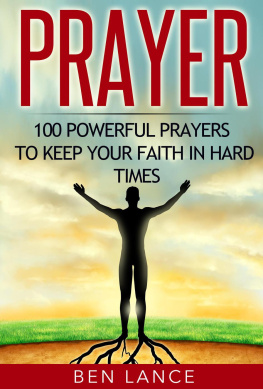

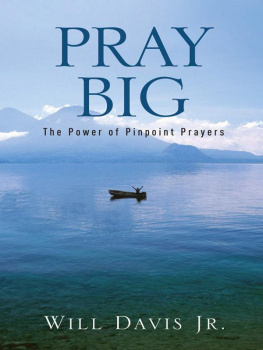
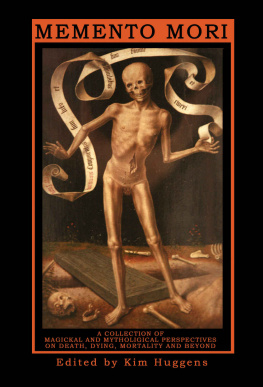
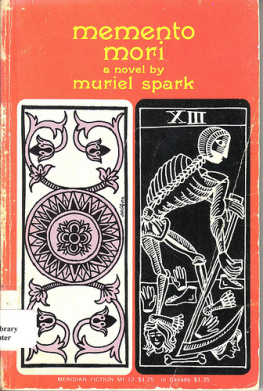


 Sen Cardinal OMalley, O.F.M. Cap.
Sen Cardinal OMalley, O.F.M. Cap.
